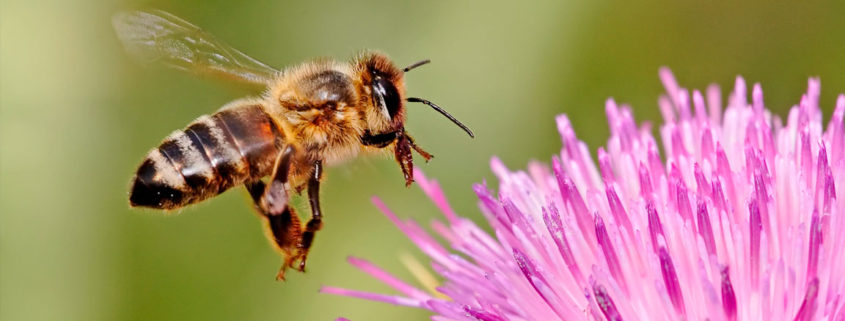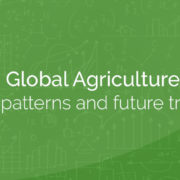A draft Decree is on public consultation from 14/02 to 15/03/2017. A list of 7 Neonicotinoid active substances that will be banned from 1st September 2018 is given: Acetamiprid, Clothianidin, Dinotefuran*, Imidacloprid, Nitenpyram*, Thiacloprid and Thiamethoxam.
Neonicotinoids ban was set by the law for biodiversity regrowth. Exemptions may be granted until 1 July 2020 by joint Order of the Ministers in charge of Agriculture, Environment and Health. The Order will be based on an assessment covering the impacts on the environment, in particular on pollinators, on public health and on agriculture. The assessment will be made public.
As announced during the presentation of Anses work programme for 2017, the evaluation by Anses of the benefits and risks linked to the uses of authorised plant protection products containing neonicotinoids compared to the uses of available substitution products and alternative strategies has already started. A total of more than 3500 uses will be assessed. First results will be available in 2017.
Excerpt from the mention bee sheet:
In the European regulatory framework, the placing on the market of phytosanitary products requires risk assessment for bees and other pollinators.
European regulation EU 547/2011 defined in its Annex V measures of environmental prudence. The SPe8 specific precautionary phrase can be attributed to any phytosanitary products presenting a hazard to bees. In France, the Decree of 28/11/2003 regulates the use of insecticides and miticides: “Prohibition of any application of insecticides or acaricides during flowering and production of exudates whatever the products On all the crops visited by bees and other pollinating insects … “- Article 2). In conformity with the decree of 28/11/2003, the phrase SPe8 is attributed by default to the insecticidal and acaricidal products used in foliar applications. (…)
* Substances not authorised at EU level





